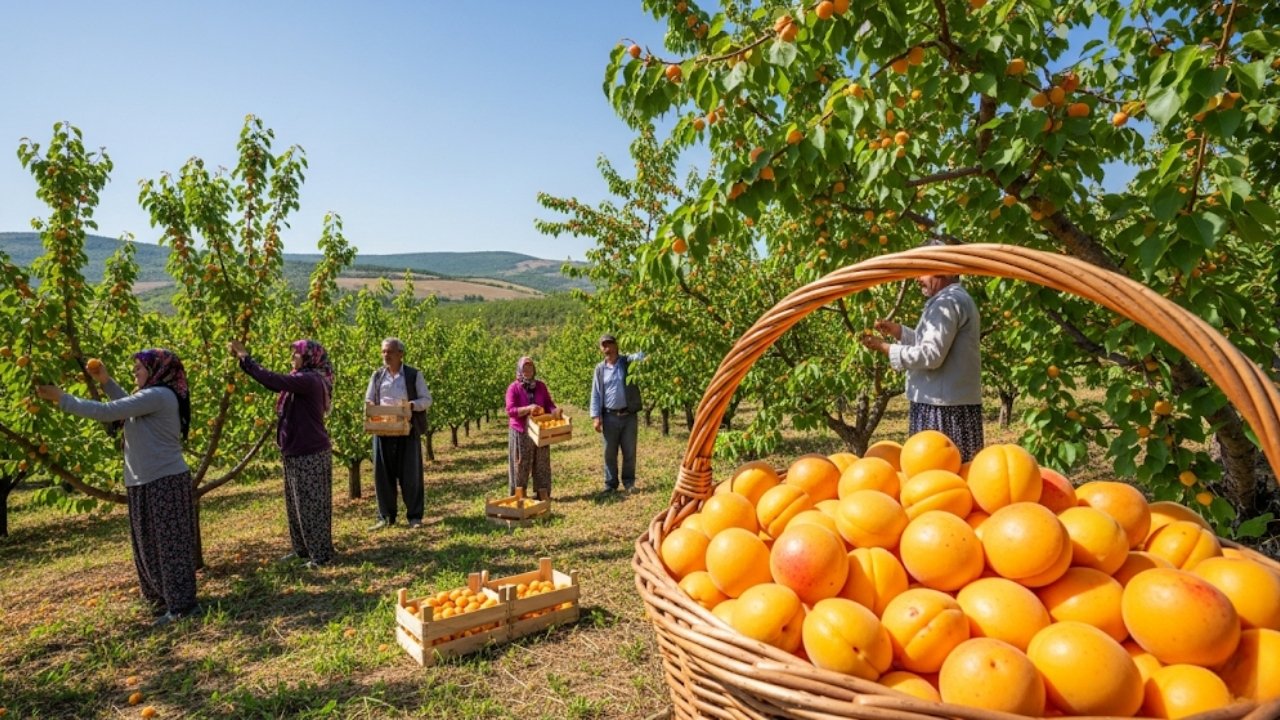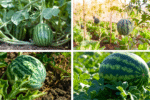Join on WhatsApp
Get the latest updates directly on WhatsApp – motivation, news & more!
Turkey has firmly established itself as the world’s leading apricot producer, a title it has consistently held for decades. At the heart of this success lies the eastern province of Malatya, widely celebrated as the “Apricot Capital of the World.” The nation’s dominance in apricot cultivation stems from a unique blend of favorable geography, centuries of farming tradition, and an unmatched reputation in the dried apricot sector, where it controls the lion’s share of global supply.
Turkey’s Apricot Dominance in Numbers
According to recent statistics from the Food and Agriculture Organization (FAO) and domestic agricultural reports, Turkey produces more than 800,000 metric tons of apricots annually. This staggering figure secures the country a 20% share of total world output. While Uzbekistan, Iran, and Italy remain prominent producers, none come close to Turkey’s overall scale or its strength in the international dried apricot trade.
The country’s apricot industry is not just a point of agricultural pride but also a cornerstone of its economy. Exports generate hundreds of millions of dollars each year, supporting the livelihoods of tens of thousands of farmers and workers. Malatya alone is responsible for producing about 85% of the world’s dried apricots, underscoring the region’s unrivaled importance in this market.
Why Turkey Excels: Climate and Tradition
The country’s dominance is rooted in its exceptional climate conditions. Apricot trees thrive where summers are hot and dry while winters are cold and frosty—a climate that matches much of Turkey’s landscape. These conditions enhance the fruit’s natural sweetness and sugar content, making it ideal for both fresh consumption and the traditional sun-drying process.
Malatya’s contribution is especially unique. Farmers here benefit from a high-altitude microclimate, characterized by abundant sunshine and cool nights, which provides the perfect environment for drying apricots naturally. Unlike industrial drying processes elsewhere, this method requires no artificial preservatives, resulting in a distinct flavor and texture prized by global consumers.
“In Malatya, apricot farming is more than an economic activity—it’s a cultural inheritance, passed down through generations,” explains Dr. Arda Yılmaz, an agricultural economist at Ankara University. “The combination of traditional expertise and ideal climate makes Turkish apricots globally unrivaled. Their Protected Geographical Indication (PGI) status reflects this extraordinary quality.”
Beyond Dried Apricots: Fresh Exports and Competition
While dried apricots remain Turkey’s strongest export, the country also ships significant quantities of fresh apricots to international markets. However, in this segment it faces stiff competition. European producers like Spain and Italy have a strategic edge due to their proximity to key consumer hubs across the continent, allowing them to dominate the fresh apricot trade through faster and more efficient logistics.
This creates a clear divide in the global market:
- Turkey and Central Asian nations lead the dried fruit sector.
- Spain and Italy focus heavily on supplying fresh apricots to Europe.
The Global Apricot Market: Key Players
The worldwide apricot industry, worth billions of dollars, is shared among several significant producers:
- Uzbekistan has grown into the second-largest player, diversifying into both fresh and dried varieties thanks to government support and export-driven policies.
- Iran, with its long-standing history of apricot farming, continues to supply large volumes, particularly to regional Middle Eastern markets.
- Italy and Spain, meanwhile, remain Europe’s top exporters of fresh apricots, using their advantageous location to deliver fruit quickly and efficiently to consumers.
This division highlights Turkey’s unique role—its dried apricots dominate shelves globally, while fresh apricots from other regions fill local markets closer to Europe.
Challenges Facing the Industry
Despite its strength, Turkey’s apricot sector faces notable challenges:
- Climate Change: Shifts in weather patterns, particularly unexpected frosts in early spring, can devastate apricot blossoms, reducing harvests and impacting global supply.
- Water Management: Irrigation is critical in arid farming regions, making sustainable water practices essential for long-term production.
- Sustainability: There is growing pressure to adopt resilient farming techniques and invest in climate-adaptive apricot varieties.
Future Prospects: Health Trends and Global Demand
The outlook for Turkey’s apricot industry remains highly positive. Rising global health awareness is fueling demand for nutrient-rich foods, and apricots—especially in their dried form—are marketed as organic, chemical-free, and naturally processed. Turkey, with its traditional sun-drying practices and chemical-free cultivation methods, is well-positioned to benefit from this trend.
Industry experts believe that with stronger branding and marketing that highlights these natural qualities, Turkey can further strengthen its grip on the global apricot trade and expand its presence in premium export markets.
Conclusion
From its unrivaled production volumes to its dominance in the dried fruit trade, Turkey’s leadership in apricot cultivation is undisputed. Anchored by Malatya’s centuries-old farming expertise and supported by ideal climatic conditions, the country continues to set the global standard. While challenges like climate change and competition in fresh markets exist, Turkey’s ability to blend tradition with modern agricultural practices ensures that its apricots remain the benchmark for quality worldwide.


